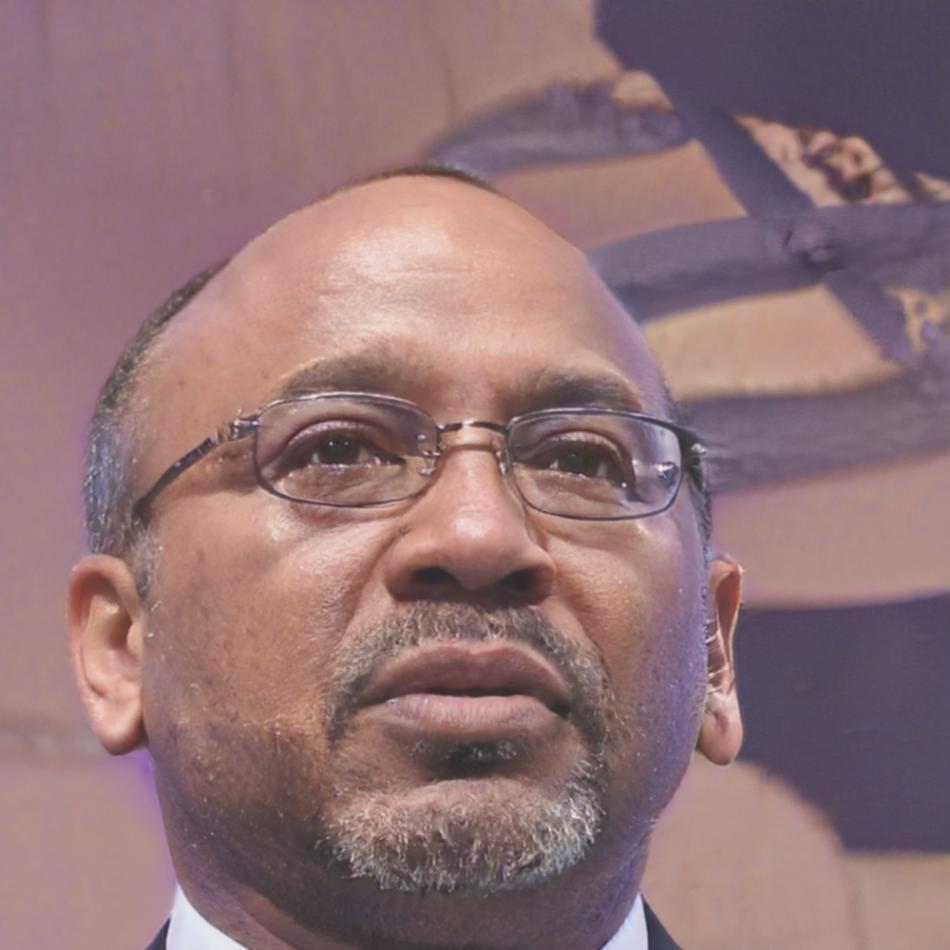Make Your Budget Work Smarter, Not Harder
Most people treat budgets like punishment. You know what? That's why they fail. Real budget allocation isn't about restriction—it's about directing money toward what genuinely matters to you. And honestly, most Australians never learn this in school.
Explore Our Program
Why Traditional Budgeting Doesn't Stick
You've probably tried before. Downloaded a budgeting app, set ambitious savings goals, maybe even color-coded a spreadsheet. Two weeks later? Back to guessing how much is in your account before buying coffee.
The problem isn't your willpower. It's that most budgeting methods treat money like mathematics when it's really about psychology. We've spent years working with Sydney residents who earn decent incomes but somehow reach payday with nothing left. The pattern is always the same—they're using methods designed for someone else's life.
What works instead: allocation systems that match how you actually think about money.
Three Allocation Approaches That Actually Function
Different brains need different systems. Here's what we teach—pick what fits your personality.
The Automation Method
Perfect for people who'd rather set things once and forget about them. You divide income automatically the moment it arrives—50% for essentials, 30% for wants, 20% for future goals. No decisions required after setup. This works brilliantly if you hate thinking about money daily but want results.
The Envelope System
Sounds old-fashioned, right? But digital envelopes work wonders for visual thinkers. You literally see money move between categories. When the restaurant envelope is empty, you cook at home. Simple physics—money can't be in two places at once. Great for anyone who tends to overspend without noticing.
The Priority Cascade
For people with irregular income or those who want maximum flexibility. You rank expenses by importance, then fund them in order each month. Rent comes first, luxuries come last. Income drops? Lower priorities simply wait. This gives control without rigidity.


What Makes Allocation Different From Regular Budgeting
Traditional budgets say "here's what you can spend on groceries." Allocation says "here's your food money for the month—spend it however makes sense." See the difference? One's micromanagement, the other's strategic planning.
We've watched students have genuine breakthroughs when they realize they don't need to track every transaction. You just need solid allocation decisions upfront. After that, money flows where it should automatically.
Our autumn 2025 intake focuses specifically on building allocation systems for Australian tax structures, superannuation timing, and the reality of living in expensive coastal cities. Because American budgeting advice doesn't translate when your rent is $2,400 monthly.
Learn About Our Approach →
I'd been earning good money in construction for six years but somehow never had savings. Tried every app, every spreadsheet. Nothing clicked until I learned allocation methods that matched my variable income. Now I actually understand where my money goes—and more importantly, where it should go next.
Ready to Build a Budget That Fits Your Actual Life?
Our next program starts September 2025. We work with small groups—maximum 18 people—because this stuff needs real discussion, not lecture halls. You'll leave with a personalized allocation system and the skills to adjust it as life changes.
